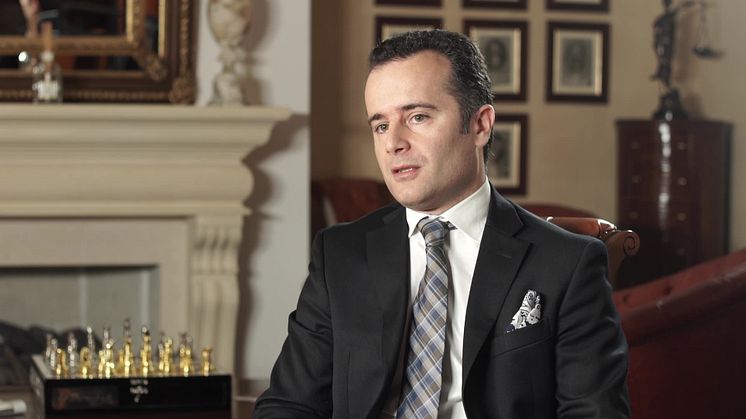News -
Malta’s Citizenship by Investment Programme contributes 2.6% to GDP
Malta GDP growth and economic success
As forecasted by the European Commission, Malta can expect a continuation of its above-average economic growth, in the coming years. The current account and budget balances shall remain in surplus, reflecting Malta’s fast-growing economy, outperforming the EU’s since 2014, with record-low unemployment and steady wage growth. The surplus, which instigated the GDP growth, resulted from heightened activity in the services sectors, with greater exports.
GDP grew by 6.6% in 2017, with a surplus of 3.9%, following a 1% increase in 2016 and prior deficits. This can be explained by the high growth rate of current revenue, taxes, and IIP proceeds, which contributed 2.6% of GDP. Furthermore, the government debt-to-GDP ratio fell to 50.8% in 2017, expected to diminish to 43.4% by 2019.
Malta projected economic growth
This is expected to continue in coming years notwithstanding a decrease from 2016-2017. GDP growth is forecast at 5.8% and 5.1% in 2018 and 2019 respectively. The main drivers will likely be a surge in domestic demand due to increase in disposable income, expenditure on national projects, growth in services, and new opportunities in blockchain and cryptocurrency. This momentum should boost employment and maintain the current low unemployment rate, which stands among the lowest in Europe at 3.5% as of February 2018. Foreign workers and increased participation of women in the workforce has also led to increased supply. Foreign direct investment has impacted the economy and employment, reaching a total of €165 billion in 2017. So far, Malta has managed to contain inflation at 1.37% in 2017. However, forecasted price increases may result in an inflation rate of 1.8% in 2019.
Malta Citizenship Programme Contribution
The IIP’s impact on the economy is seen in statistics provided for July 2016 through June 2017. There were 377 new submissions which, while less than the 451 applications over the previous year, totals 1101 applications since the programme’s 2014 inception.
In terms of property investments, 88% (340) of applicants leased properties and 12% (46) bought properties. The amount invested in property purchase averaged €868,173 per property, compared to the €350,000 minimum. Similarly, the amount invested in property rental averaged €21,128 compared to the €16,000 minimum. €58,371,279 were invested in government stocks, €194 million and €83 million were deposited in the National Development and Social and Consolidated funds respectively. Identity Malta received €16 million.
Related links
Topics
- Law
Categories
- passport by investment
- investment migration
- citizenship by investment
- citizenship
- gdp
- eu
- malta

